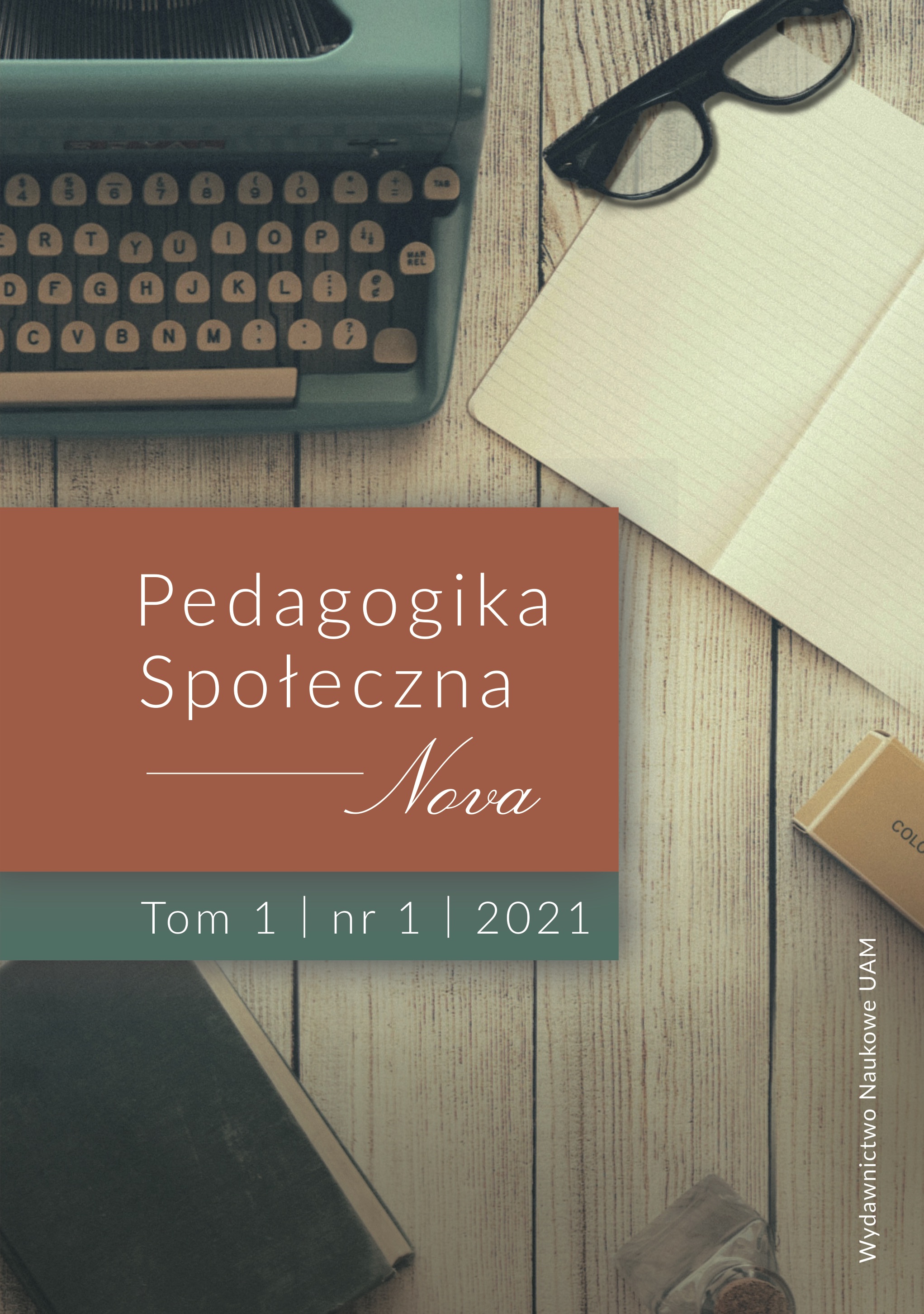
We kindly inform you that, as long as the subject affiliation of our 300.000+ articles is in progress, you might get unsufficient or no results on your third level or second level search. In this case, please broaden your search criteria.

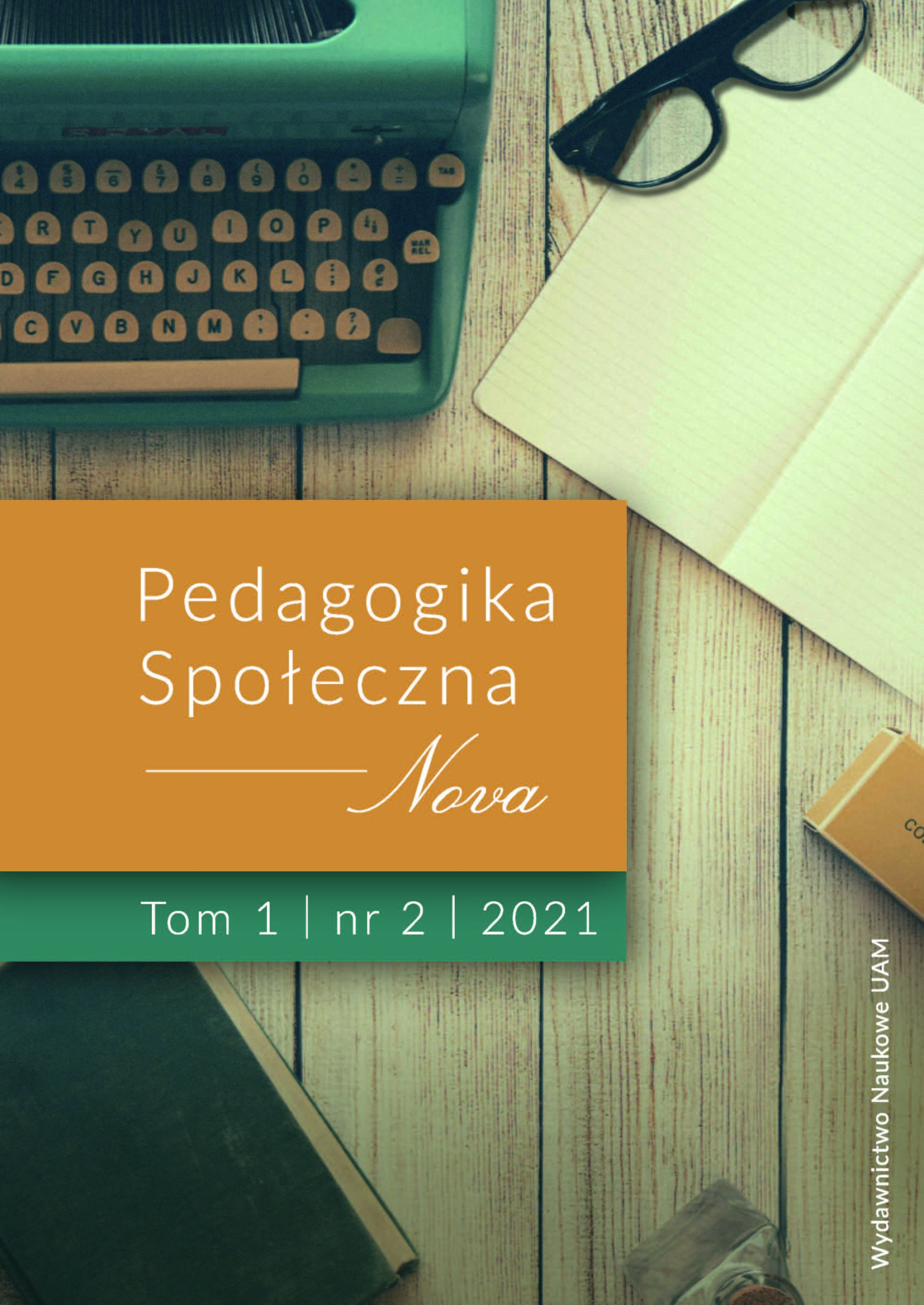

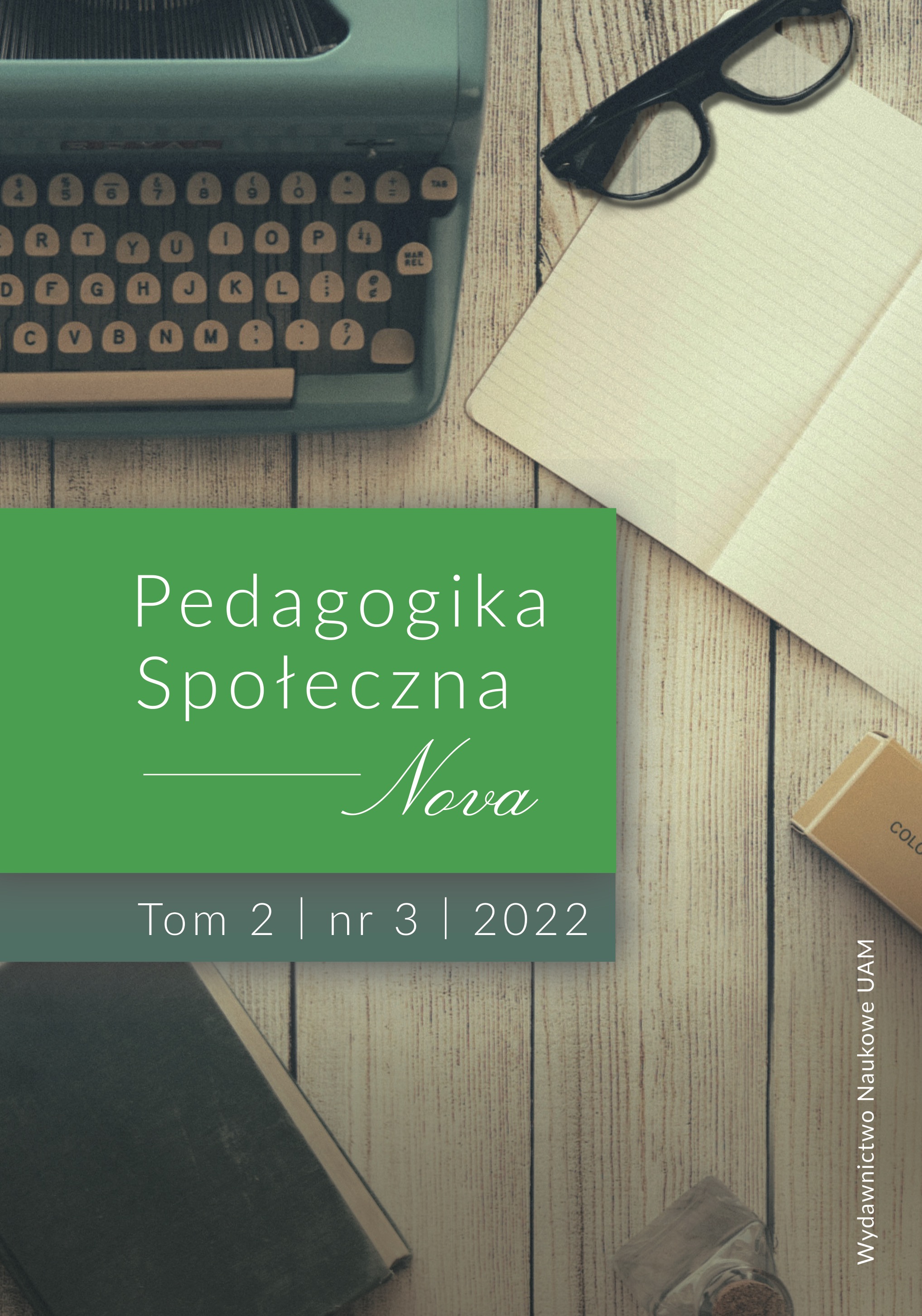
Recenzja: Wiesław Ambrozik, Jerzy Modrzewski (red.), Stanisław Kowalski. Pamięć postaci uczonego i kontynuacje jego dorobku, Wydawnictwo Naukowe UAM, Poznań 2021
More...
Recenzja: Jerzy Modrzewski, Katarzyna Segiet, Agata Matysiak-Błaszczyk, Ewa Włodarczyk, Kamila Słupska, Astrid Tokaj, Maciej Zychowicz (red.), Pedagogika społeczna w służbie człowiekowi. Z okazji jubileuszu poznańskiej pedagogiki społecznej, Wydawnictwo Naukowe UAM, Poznań 2022
More...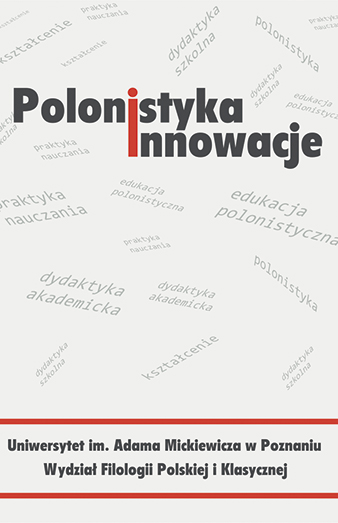
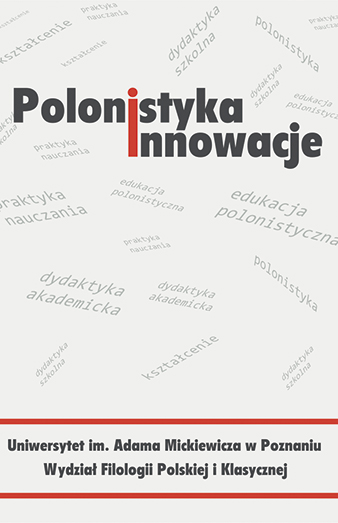
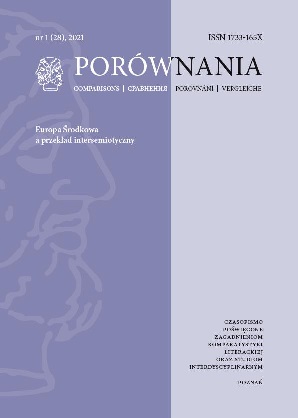
The article below is an overview and discussion of Anita Jarzyna Post-koiné’s monograph. Studies on non-anthropocentric (poetic) languages, which is one of the key treatises examining human-animal relationships on the material of Polish poetry of the 20th and 21st centuries. Jarzyna’s book is not only an example of skilfulapplication of methodologies from the border of posthumanism and animal studies. it is an original and innovative proposition of a non-anthropocentric reading of literature. it is also an important voice in the debate on building an ecological order and the place and role of animals in human life.
More...
The article refers to Arkadiusz Kalin’s monograph Mit Ziem Odzyskanych w literaturze. Postkolonialny przypadek Ziemi Lubuskiej [The Myth of the Recovered Territories in Literature. The Postcolonial Case of the Lubusz Land] discussing the cultural problems relating to the political myth of the Recovered Territories and the issue of its representation in literary output. These processes are presented (and concealed) in the top-down ideological narrative of the Recovered Territories, with a significant impact on the shaping of social attitudes. The myth of Recovered Territories constituted an official and totalizing narrative, which, however, functioned within numerous variants and local policies. The accents in the ‘re-polonizing’ narrative were distributed quite differently in different regions. The example of the Lubusz Land seems to show the fundamental assumption underlying the idea of the Recovered Territories – a feature of colonization. Taking over the territories on the Lower Warta and the Central Oder rivers – that had little to do with Polishness, even that of the Piast era – required breakneck efforts to disguise the territorial, economic, and social colonization that had already begun at the end of WWII. The issue of cultural colonisation – a process of construction of Polishness of this region that displaces seven hundred years of German history – inevitably comes to the fore. Literature has therefore played an important role in the manufacturing of a regional identity in the spirit of ‘reclamation’. Kalin treats the myth of the Recovered Territories as a colonization project, equipped ideologically long before 1945 in the so-called Western thought. The very name ‘Recovered Territories’ has a pre-war origin. This term was officially used after WWII and until the beginning of the 1950s, but it took root in the social consciousness and was used until the end of the 1980s to describe the evolving political myth of ‘recovery’.
More...
Poszerzanie pola literackiego. Studia o literackości w internecie by Elżbieta Winiecka is an important, concise summary of almost 20 years of research and artistic practice within the emerging field of electronic literature in Poland and worldwide. Its most important contribution lies in bridging the gap between traditional literary studiesand new paradigms introduced by digital culture. The book’s conclusion is optimistic and goes against the notion of the end of literary studies in the era of post-literature.Within 10 chapters the author demonstrates how new ways of reading, writing and participating in literary life on the Web open up fascinating challenges for literary studies. In the review, an educational aspect of the book as well as an effort to expand the category of electronic literature by including “traditional” forms informed by the effects of digital communication are also brought forward.
More...
The article is devoted to the creative path of Maria Janion – the integral scientific, cultural and existential project she was constructing.
More...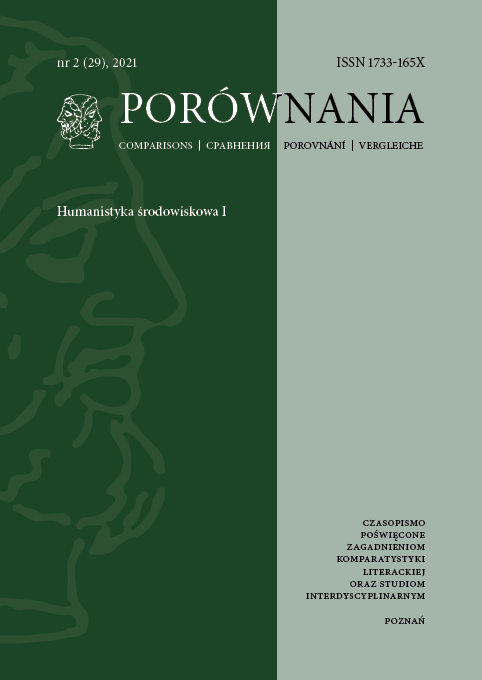
Martin C. Putna in 2018 published Obrazy z kulturních dějin Střední Evropy [Images from the Cultural History of Central Europe], in which he presents a spectacular panorama of the multiculturalism, multilingualism, and multiconfessionalism of the individual regions of Central Europe (which he understands as the cultural legacy of Austria-Hungary) in order to sketch their "histories of ideas" that allow for a fuller reflection on the past and thus for building a future based on these (forgotten or sometimes suppressed) experiences. By proposing a territorial history of literature, the author gives a new direction to the closed-circle discussion of the construct of Central Europe: the essayistic images - despite their fragmentary and subjective readings - are clearly a step towards treating literature and culture as a medium of memory, counting on the causal effect of the memory they retain (after Astrid Erll genitivus objectivus).
More...
The article presents the book Nie zależności. Przypadki literatury i kultury poza cenzurą w latach 1976–1989 by Bogusław Bakuła.
More...
In this article, I attempt to read a new monograph on historiography in the communist period, written by Rafał Stobiecki. The key concepts of the book are - in my opinion - gratitude and warning, spoken together. The author works on the basis of a broad understanding of the scope of research in the history of historiography. The author interprets not only (1) “research on the infrastructure of historical science”, which includes the institutional dimension of the historians’ milieu, but also (2) changes in the methodological assumptions on which historical research was based during the Polish People’s Republic and (3) the essential features of the representation of the past developed by the historiography of the People’s Republic of Poland. The author of the book emphasizes the warning, pointing to the need to evaluate the attitudes of historians. However, I focus my attention on gratitude, because it shows the achievements of our predecessors and their victories over the figures trying to subjugate them.
More...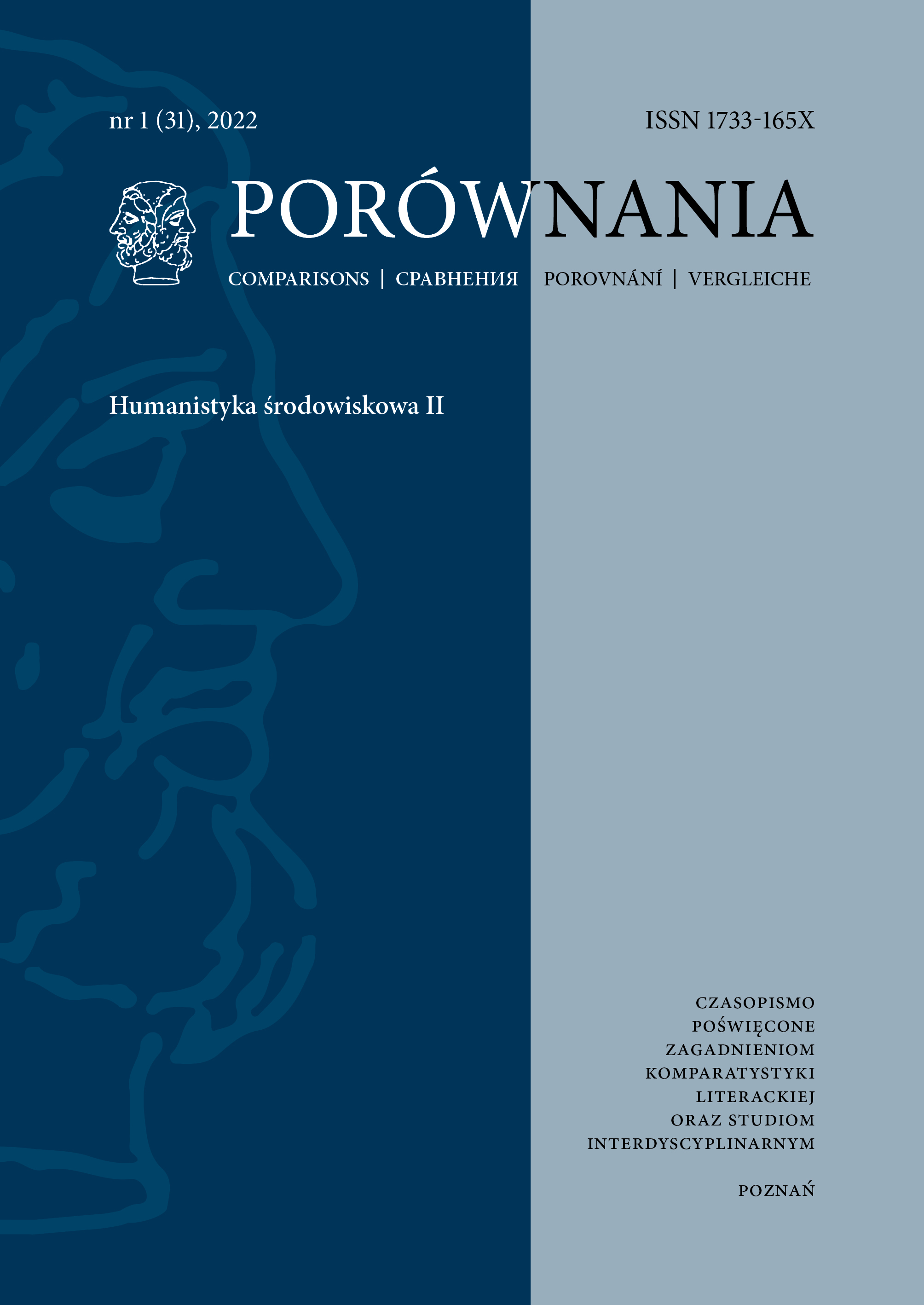
In this article, I analyze the concept of postcolonialism in conflict, proposed in the work entitled Polish Post-Colonial Literature. From Sarmatism to Post-Accession Migration (2020) by Dirk Uffelmann. Referring to the most important works of Polish researchers (Hanna Gosk, Dorota Kołodziejczyk, Magorzata Zduniak-Wiktorowicz, Ryszard Nycz), I try to show the assumptions of the German Slavicist, as well as understand the position that this work wants to take among other researchers of the postdependence of Polish culture. To this end, I follow the historical and literary order adopted by Uffelmann in the book, I also try to describe its individual parts. I pay particular attention to the concepts of self-orientalization, autoindianization and auto-proletarianization, through which the author presents the literature of the 19th, 20th and 21st centuries (including Henryk Sienkiewicz or postaccession migrants) in the victim-colonizer dichotomy. The traps of this dichotomy and the way of avoiding or tightening it in the academic discourse of Polish researchers of postdependence are discussed in the last part of the article.
More...
This article is a review of the work Dezorientacje. An Anthology of Polish Queer Literature edited by Alessando Amenta, Tomasz Kaliściak and Błażej Warkocki, which was published in 2021. The anthology is an extensive collection of excerpts from both canonical and marginal works of Polish literature. Representing a variety of themes, authors and genres from the eighteenth century to the present day, the anthology casts a new, unprejudiced light on the historical literary tradition, destabilizing the separatist divisions into center and periphery, high and low, male and female, which have hitherto shaped the canon of Polish literature. Thus Polish readers will find a work without prejudice and without borders, open to additions and new interpretations, but developed on the basis of queer theory and itself queer in its content and methodology of selection. Amenta, Kaliściak, and Warkocki capture the canon with subversive potential, creating an anthology that can be read both as a textbook and as a coherent, multithreaded narrative.
More...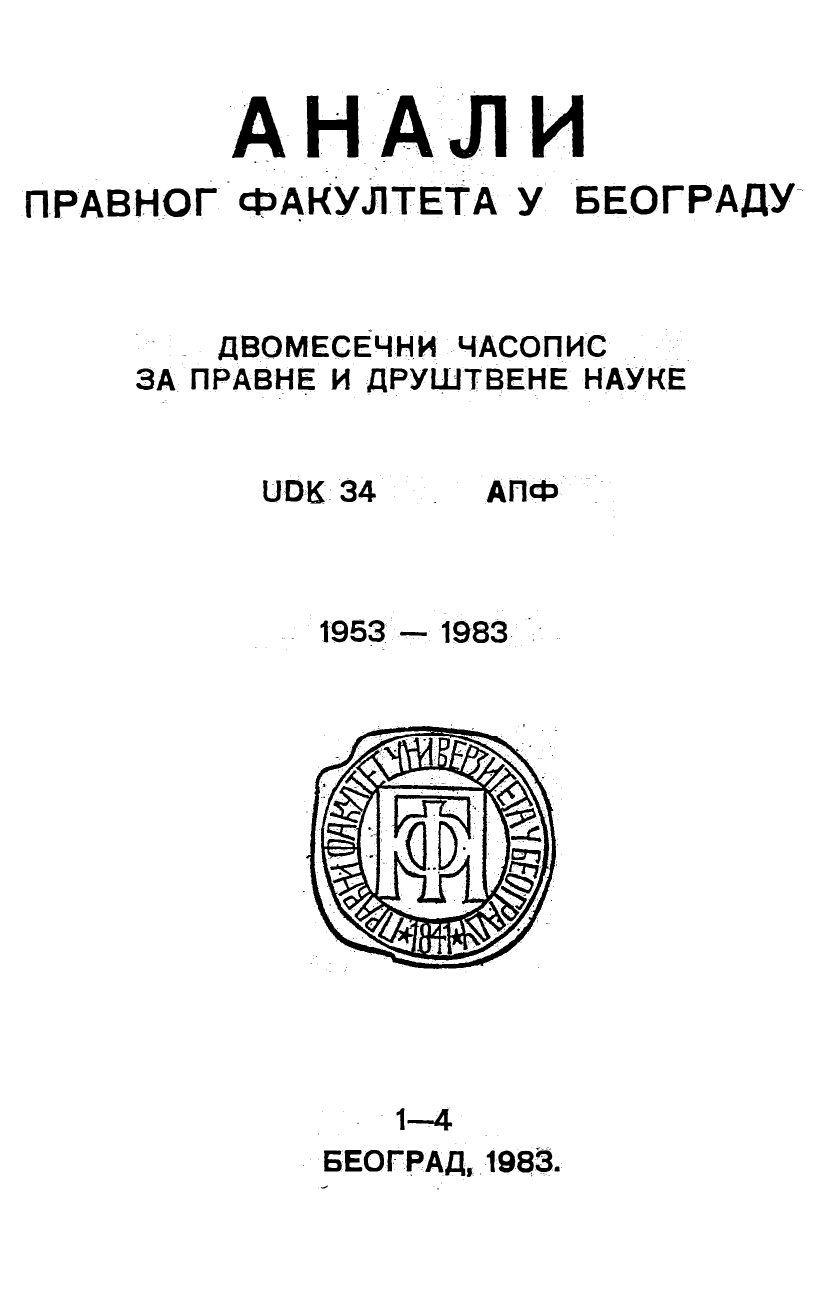
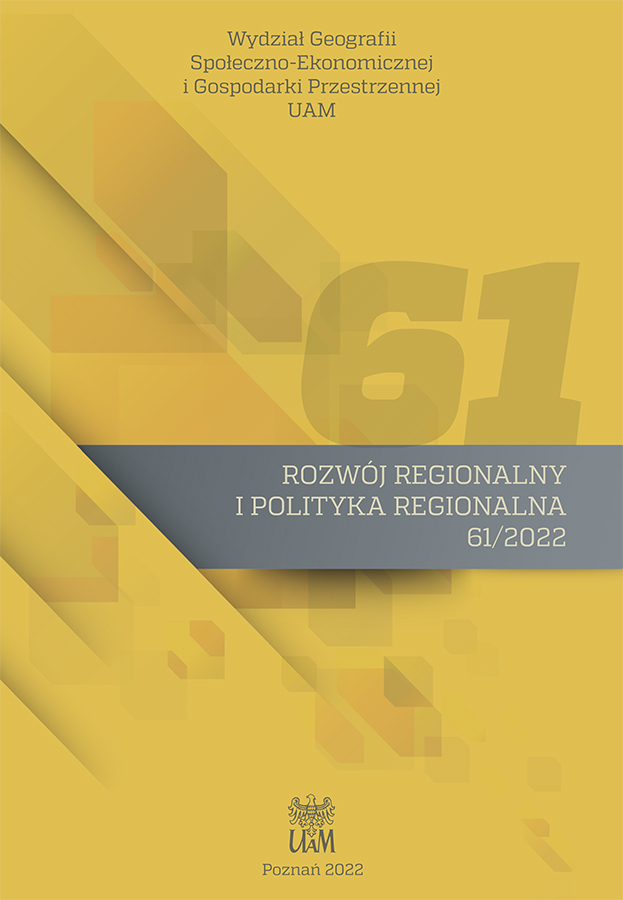
W wydawnictwie Routledge – Taylor & Francis Group ukazała się drukiem monografia pt. „The Economic Geography of the Car Market. The Automobile Revolution in an Emerging Economy” pod redakcją dr. Bartłomieja Kołsuta i prof. dr. hab. Tadeusza Stryjakiewicza. Jest to już trzecia w tym roku książka opublikowana w wydawnictwie Routledge pod redakcją i z udziałem pracowników Zakładu Geografii Ekonomicznej UAM. Została wydana w ramach serii Routledge Advances in Regional Economics, Science and Policy.
More...
Inspiracją do napisania artykułu stały się opinie o dezindustrializacji gospodarki Gruzji. Opracowania te nie zagłębiają się jednak w regionalną strukturę tego procesu. Lukę tę wypełnia niniejsza praca. Jej głównym zadaniem jest identyfikacja zróżnicowania przestrzennego uprzemysłowienia Gruzji i jego zmian. W tym celu: (1) opisano uwarunkowania uprzemysłowienia kraju i dokonano ich periodyzacji; (2) przeprowadzono analizę zróżnicowania przestrzennego poziomu uprzemysłowienia i ich zmian w latach 2006– 2020; (3) zbadano poziom koncentracji przestrzennej uprzemysłowienia; (4) dokonano klasyfikacji regionów pod względem stanu uprzemysłowienia i dynamiki jego zmian. Wyniki zinterpretowano, nawiązując m.in. do koncepcji polaryzacji i zależności od ścieżki. Zakres przestrzenny obejmuje Gruzję w podziale administracyjnym pierwszego stopnia z wyłączeniem Abchazji i Osetii Południowej.
More...